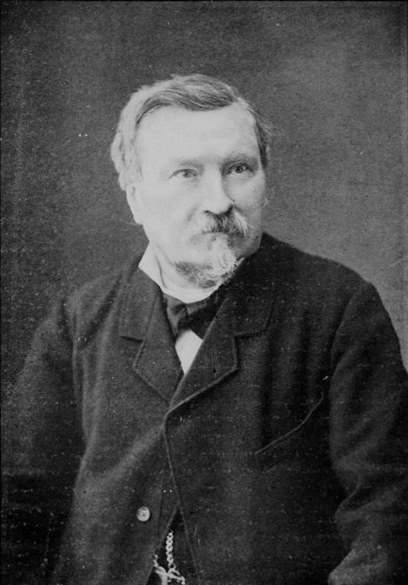Liberty Matters
Wishful Thinking

Gary writes:
“Thus, in a competitive labor market, firms that want to attract workers will be incentivized to offer greater freedom and dignity as means of securing the best employees. By contrast, of course, in a not-so-competitive labor market, like the one we in fact have now, firms will have little incentive to institute policies that safeguard workers’ freedom and dignity as a means of recruiting effectively.”
Consider the simplest example of a noncompetitive labor market—an industry with only a single employer. As long as he is paying wages above subsistence, as essentially all employers in a modern developed economy are, he faces a tradeoff between the working conditions he provides and wages he pays. If he changes the working conditions in a way that is valuable to potential employees, he can get them at a lower wage. If he changes them in a way they disvalue, he will have to pay a higher wage. It is the net advantage as evaluated by potential employees, the combined attraction of wage and working conditions, that determines whether or not they will accept his offer. Hence Gary’s claim is as true of a monopsony as of a perfectly competitive industry. His implication that this is one of the advantages of a competitive labor market is false.
He goes on to summarize the familiar diseconomies of scale that give organizational advantages to smaller firms—fewer layers of administration between the CEO and the factory floor. The obvious conclusion is that the size of firms reflects the balance between such diseconomies of scale and economies of scale. For readers interested in the subject, I recommend Oliver Williamson’s old book Market and Hierarchy (1975), which goes into some detail, with historical evidence, on the tradeoffs.
It is possible that, as Gary suggests, big government results in making firms bigger, but one can tell an equally convincing story in the other direction. The larger a firm is, the more it requires a flow of information up and down the hierarchy, information that can be used by a government to control it and its participants via taxation and regulation; that is probably one reason why criminal firms tend to be small. Hiding income from taxation by misrepresenting costs of consumption as costs of production—classifying your private vehicle as a company car, for instance, and its costs as a business expense—is easier in a small firm than a large one, so high levels of taxation may well push down the equilibrium size of firms.
The rest of Gary’s argument has the same ad hoc character. Getting rid of government might make all of us richer. But there is no good reason to believe that it would make firms smaller or employers more responsive to the desires of their employees.
Copyright and Fair Use Statement
“Liberty Matters” is the copyright of Liberty Fund, Inc. This material is put on line to further the educational goals of Liberty Fund, Inc. These essays and responses may be quoted and otherwise used under “fair use” provisions for educational and academic purposes. To reprint these essays in course booklets requires the prior permission of Liberty Fund, Inc. Please contact oll@libertyfund.org if you have any questions.